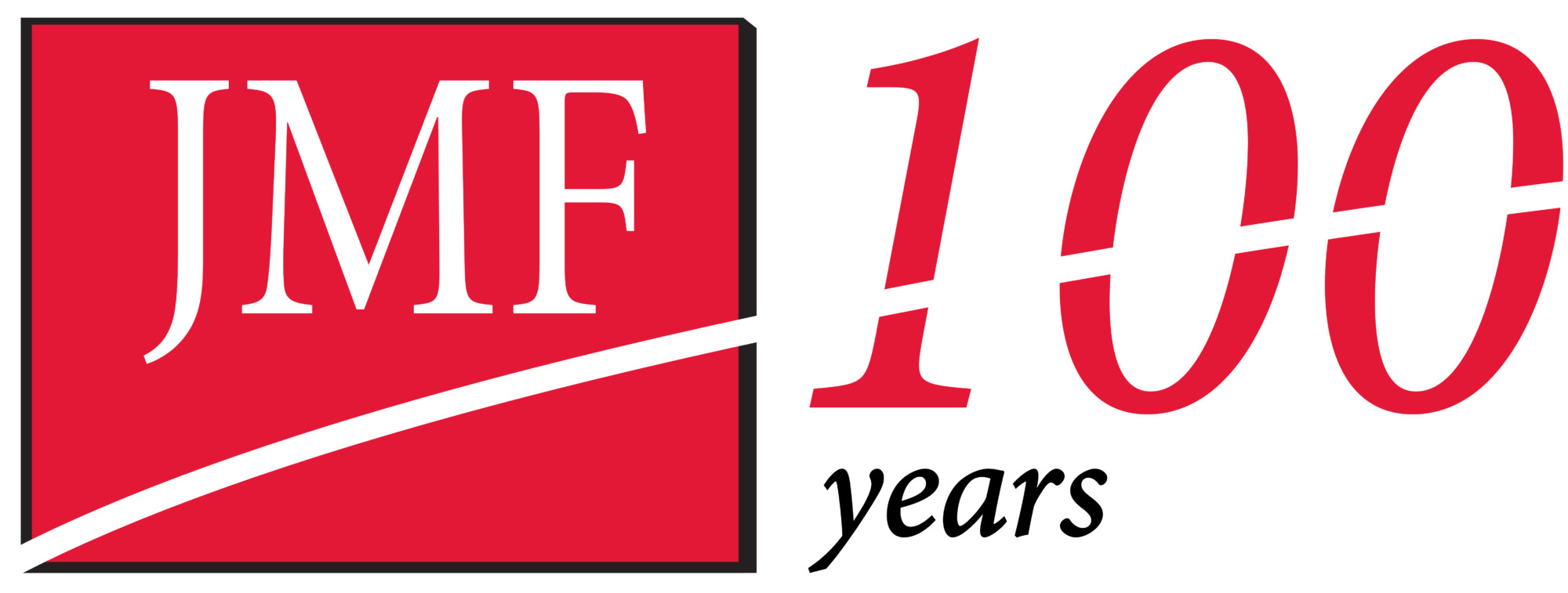No one likes to pay taxes any sooner than required. Therefore year-end strategies typically focus on deferring income from this year into future years and accelerating deductions from future years into this year.
Following are some basic principles that can help guide your overall thinking:
- If you expect your tax rate to be higher next year, it might make sense to accelerate income into this year and defer deductions into next year.
- If you think your tax rate might be lower next year, consider deferring income to next year and accelerating deductions into this year.
- If your deductions might be restricted next year, accelerate some into this year.
- If you expect to qualify for the standard deduction in either year, consider shifting qualified expenditures into the year you expect to itemize your deductions.
Finally, we all need to be reminded that, while the tax impact is a critical component of any financial planning, it is only one piece of the puzzle. It is one cost of the overall cost-benefit analysis that should be considered. It may not be the most important part of the financial decision.
For more year-end tax planning guidance, please see our complete 2011 year-end tax planning guide.







Leave A Comment
You must be logged in to post a comment.